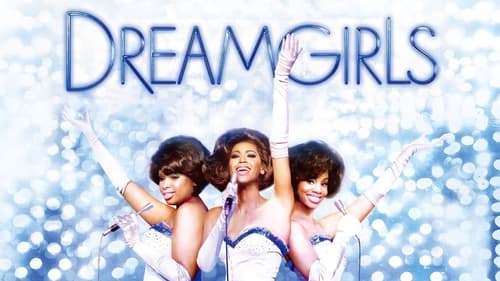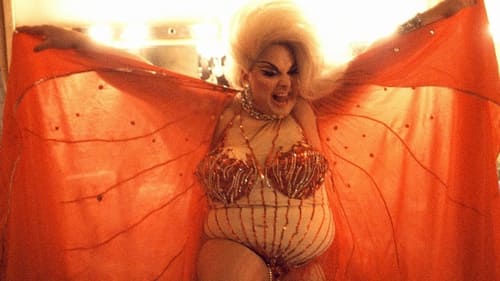
Original Music Composer
A trio of female soul singers cross over to the pop charts in the early 1960s, facing their own personal struggles along the way.

Musical
A trio of female soul singers cross over to the pop charts in the early 1960s, facing their own personal struggles along the way.

Writer
Produced in 1978, The Neon Woman is an “outrageous murder mystery” set in a run-down Baltimore burlesque house managed by a retired stripper, Flash Storm, the hottest stripper that ever lived who has gone legit, opened her own strip joint, and is trying to cope with whatever comes along. There's Kitty Larue, the stripper with an identity problem. There's the horny bible thumping senator who wants to pray with Divine but really wants something less spiritual. Finally, Divine's young virgin daughter returns from boarding school and within minutes is turned into an alcoholic, heroin addicted stripper who has been betrothed to the black janitor. There's more but as the cliché goes, it has to be seen to be believed! By the time of it's VHS release, the 12 year old live footage was already a bit raw and gritty, but still gives more than a fair idea as to why Divine was so loved as a performer. The production ran for eighty-four performances at the Hurrah Discotheque, New York.

Director
About the members of a New York City gym obsessed about their life situations, eventually leading up to the gay and straight characters writhing together in an orgy. An updated version of the original off-Broadway play.

Writer
In 1977, Bette Midler's first television special premiered, featuring guest stars Dustin Hoffman and Emmett Kelly. It went on to win Bette her first Emmy Award for Outstanding Special — Comedy-Variety or Music. To make the show palatable to home viewers, the special featured heavily cleaned up versions of the material Midler was performing at that time on stage. The title of the show, Ol' Red Hair is Back, was a takeoff on the title of Frank Sinatra's recent album Ol' Blue Eyes Is Back.

Self
In this film, outspokenly homosexual filmmaker Rosa von Praunheim has documented his encounters with friends in the New York "underground" arts movement, the better-known of whom are William Burroughs (who says nothing for the camera), Andy Warhol (seen in the distance) and Fernando Arrabal (who is interviewed in Spanish). The emigrants named in the title are notable Germans who left the country before World War II, such as Greta Keller and Grete Mosheim. Reviewers at the time of the film's release considered it to have been a sort of paid vacation for the filmmaker rather than a serious effort. (Clarke Fountain, Rovi)





